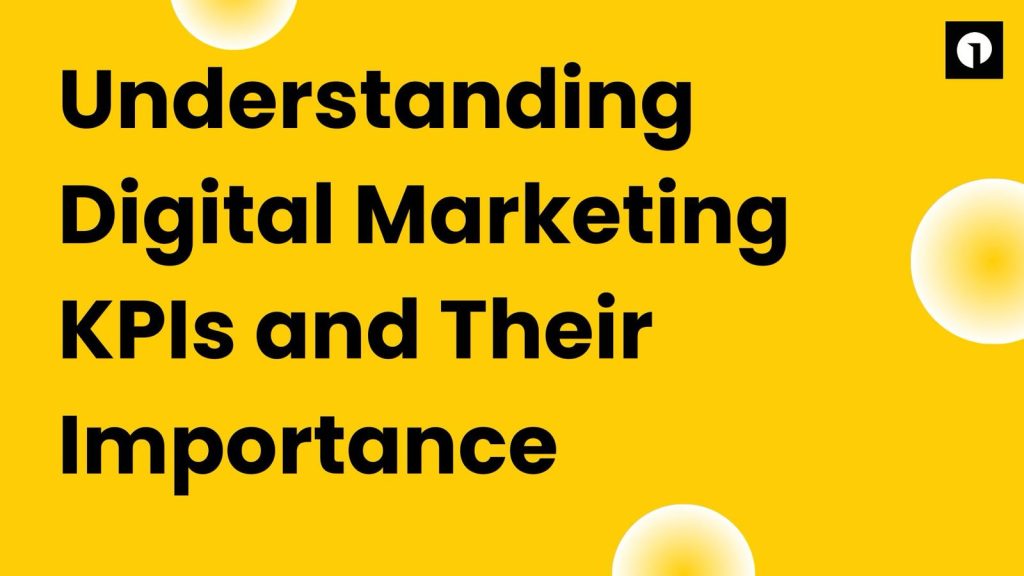In the world of digital marketing, Key Performance Indicators (KPIs) are essential tools that help measure the success of your strategies. By understanding and tracking these KPIs, you can ensure that your efforts are driving the desired results. Let’s break down the types of KPIs in digital marketing and why they matter.
Types of KPIs in Digital Marketing
Traffic Metrics
Website Traffic: This KPI measures the total number of visitors to your website. High traffic indicates that your marketing efforts are attracting attention.
Organic Traffic: This represents visitors who find your site through search engines without paid advertising. It shows how well your SEO strategies are working.
Paid Traffic: This measures visitors who come to your site through paid ads. It helps you understand the effectiveness of your advertising campaigns.
Engagement Metrics
Bounce Rate: This is the percentage of visitors who leave your site after viewing only one page. A high bounce rate suggests that your content might not be engaging enough.
Average Session Duration: This KPI tracks how long visitors stay on your site. Longer sessions indicate that visitors are finding your content valuable.
Pages Per Session: This measures the number of pages a visitor views in one session. More pages per session mean that visitors are exploring your site deeply.
Conversion Metrics
Conversion Rate: This is the percentage of visitors who complete a desired action, such as making a purchase or filling out a form. A higher conversion rate means your site is effective at turning visitors into customers.
Cost Per Conversion: This KPI shows how much you’re spending to acquire each conversion. Lower costs per conversion indicate more efficient marketing efforts.
Revenue Metrics
Return on Investment (ROI): This measures the profitability of your marketing campaigns. A higher ROI means that your marketing efforts are yielding good financial returns.
Customer Lifetime Value (CLV): This KPI estimates the total revenue you can expect from a single customer over their lifetime. Higher CLV means more long-term value from your customers.
SEO Metrics
Keyword Rankings: This tracks how well your site ranks for specific keywords. Higher rankings indicate better visibility in search engine results.
Backlinks: This measures the number of external links pointing to your site. More backlinks generally improve your site’s authority and search engine rankings.
Why KPIs matter in Digital Marketing?
KPIs are important because they give you clear and measurable insights into how well your digital marketing is doing. By tracking KPIs, you can see which strategies work and which don’t, allowing you to focus on what really matters. Instead of making guesses, you can use real data to shape your marketing decisions, leading to more effective campaigns.
KPIs effect on Return
Additionally, by adjusting your strategies based on KPI results, you can improve your return on investment (ROI). Whether you want to raise brand awareness, attract more visitors, or increase sales, KPIs help you track your progress and stay aligned with your goals. Furthermore, they keep you informed about what’s working, so you can make smarter choices and get better results from your marketing efforts. In short, KPIs are your roadmap to success in digital marketing.
Conclusion
KPIs are vital tools in digital marketing that provide valuable insights and guide strategic decisions. By understanding and utilizing different types of KPIs, you can enhance the effectiveness of your marketing efforts and achieve your business goals.








